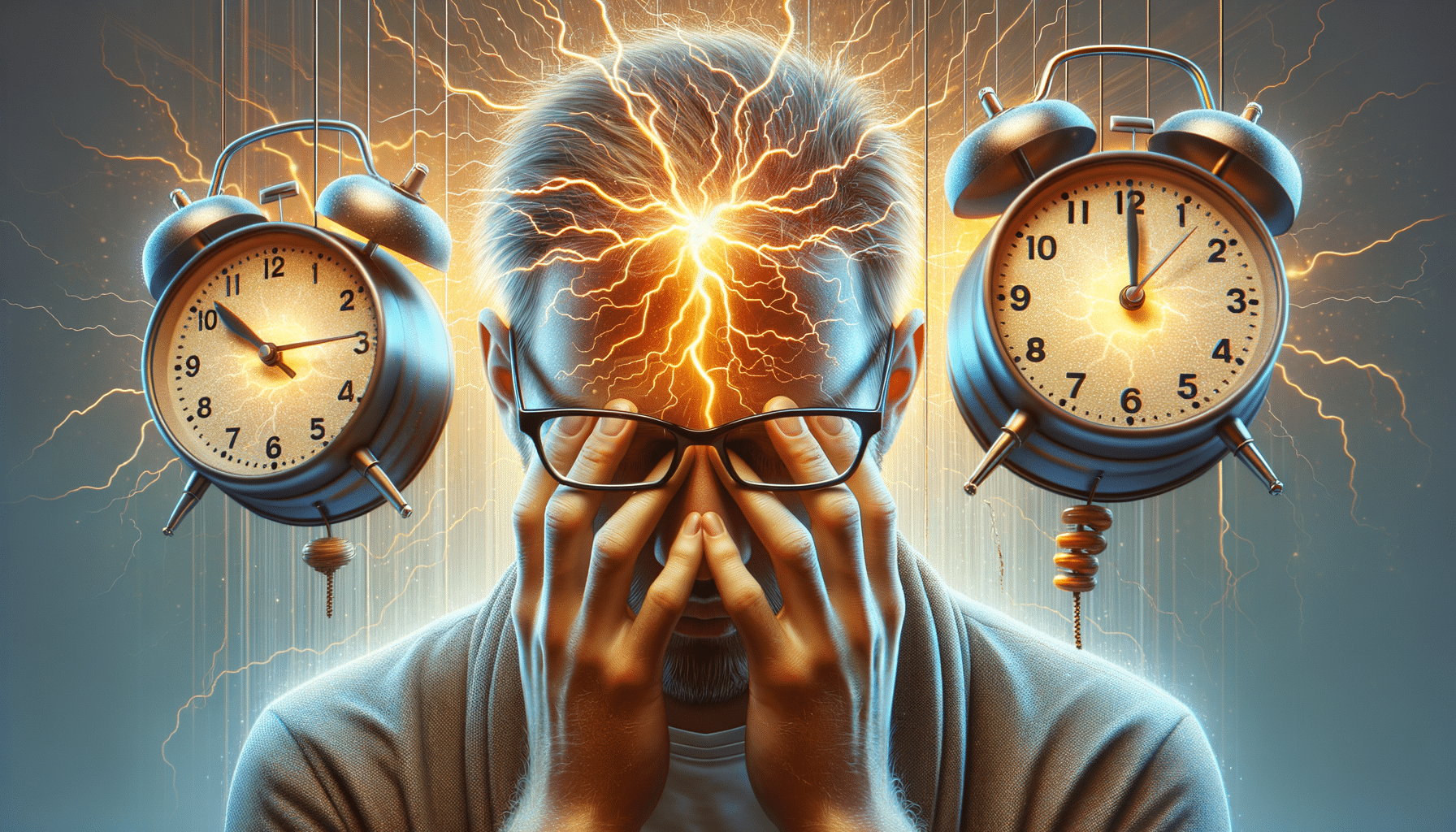
What Can Cause Lightheadedness, Fatigue, And Headache?
Understanding the Common Causes of Lightheadedness and Fatigue with Headache
Experiencing lightheadedness, fatigue, and headache simultaneously can be unsettling. These symptoms often occur together, and understanding the Common Causes of Lightheadedness and Fatigue with Headache can help in managing them effectively. A few common culprits include dehydration, stress, and lack of sleep. Dehydration can lead to reduced blood flow to the brain, causing dizziness and headaches. Stress, on the other hand, can trigger tension headaches and fatigue due to the body’s heightened response.
Moreover, inadequate sleep disrupts the body’s natural recovery process, leading to persistent tiredness and headaches. Another potential cause is nutritional deficiencies, such as a lack of iron or vitamin B12, which can result in anemia and subsequently lead to these symptoms. In some cases, these symptoms might also be a side effect of medications, particularly those that affect blood pressure or have sedative properties.
Understanding these common causes is crucial for addressing the underlying issues. Staying hydrated, managing stress through relaxation techniques, and ensuring a balanced diet can help alleviate these symptoms. If these lifestyle adjustments do not bring relief, it may be necessary to explore further medical evaluation to rule out more serious conditions.
Exploring Medical Conditions Triggering Lightheadedness and Headache
Beyond lifestyle factors, certain medical conditions can also be responsible for lightheadedness, fatigue, and headache. These Medical Conditions Triggering Lightheadedness and Headache include migraines, chronic fatigue syndrome, and vestibular disorders. Migraines are known for causing severe headaches accompanied by dizziness and exhaustion. These can be triggered by various factors such as hormonal changes, certain foods, or environmental stimuli.
Chronic fatigue syndrome is characterized by extreme fatigue that doesn’t improve with rest and can be accompanied by headaches and dizziness. This condition can be challenging to diagnose and manage, often requiring a comprehensive treatment plan. Vestibular disorders, which affect the inner ear and balance, can also lead to dizziness and headaches. These disorders may result from infections, injuries, or age-related changes.
Identifying these medical conditions is essential for effective treatment. Healthcare professionals may recommend medications, lifestyle changes, or therapies to manage symptoms. It’s important to consult with a healthcare provider if these symptoms persist or worsen, as early intervention can significantly improve quality of life.
Lifestyle Factors Leading to Lightheadedness Fatigue and Headache
While medical conditions are a significant factor, Lifestyle Factors Leading to Lightheadedness Fatigue and Headache should not be overlooked. Poor diet, lack of exercise, and excessive use of electronic devices are some contributors. A diet high in processed foods and low in nutrients can lead to energy slumps and headaches. Incorporating whole foods rich in vitamins and minerals can help maintain energy levels and reduce headaches.
Regular physical activity is also crucial in managing these symptoms. Exercise improves circulation, boosts mood, and enhances overall health, reducing feelings of fatigue and dizziness. However, excessive exercise without proper rest can have the opposite effect, highlighting the importance of balance.
Additionally, the overuse of electronic devices can strain the eyes and cause headaches. Taking regular breaks, practicing good posture, and ensuring adequate lighting can mitigate these effects. By addressing these lifestyle factors, individuals can significantly reduce the occurrence of lightheadedness, fatigue, and headaches.
When to Seek Help for Lightheadedness Fatigue and Headache
While occasional lightheadedness, fatigue, and headache can be managed with lifestyle adjustments, knowing When to Seek Help for Lightheadedness Fatigue and Headache is vital. If these symptoms are frequent, severe, or accompanied by other concerning signs such as vision changes, confusion, or chest pain, it’s essential to seek medical attention promptly.
These symptoms could indicate underlying health issues that require professional evaluation. For instance, persistent dizziness and headaches could be signs of neurological disorders, while fatigue might suggest metabolic or endocrine problems. Consulting a healthcare provider can lead to a proper diagnosis and treatment plan, ensuring that any serious conditions are addressed early.
In summary, while lightheadedness, fatigue, and headache are common, they should not be ignored if they interfere with daily life or worsen over time. Seeking timely medical advice can provide peace of mind and effective management of these symptoms.


